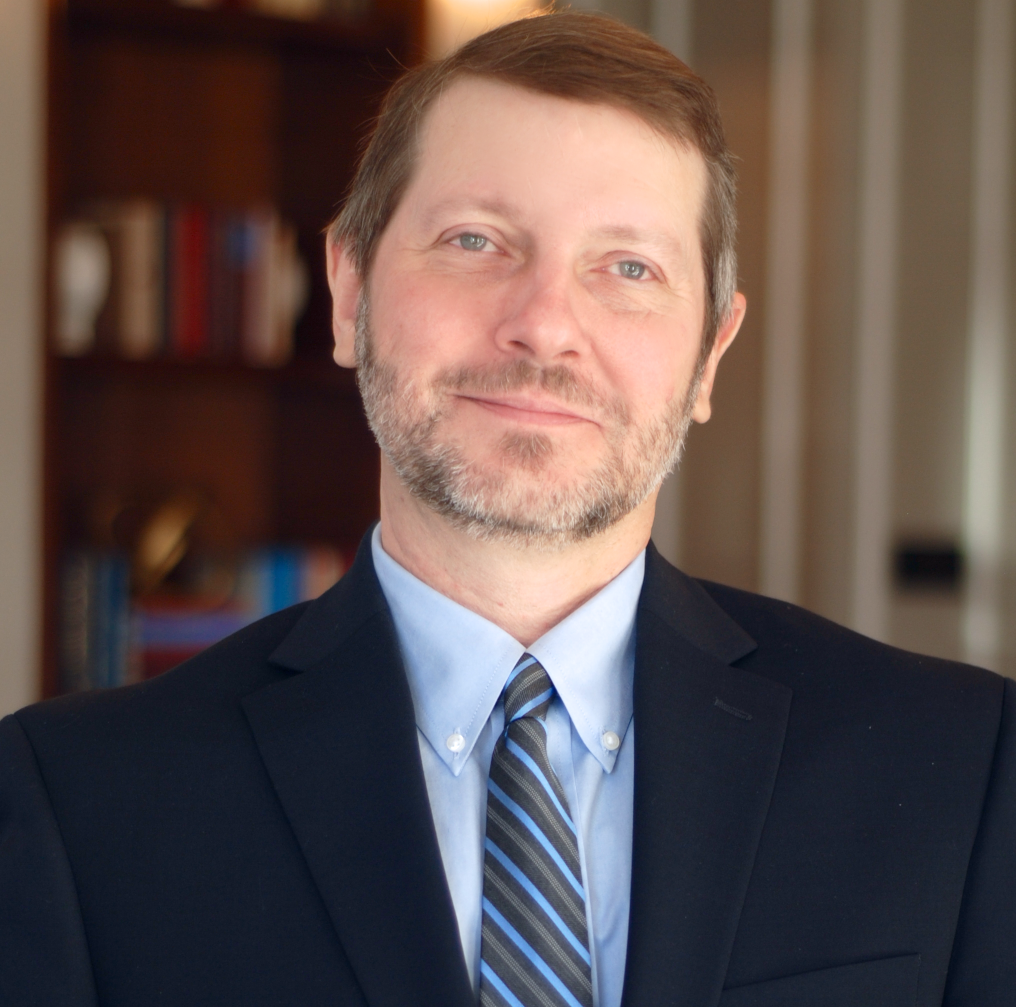Photos Courtesy of Gannon Ray, Left, and Randy wadkins, right


Brian Spurlock
Science Reporter
bspurgbs@uab.edu
Since Paula Abdul left American Idol, there have only been two institutions that Americans trust: The United States Military and science.
But, in the wake of Donald J. Trump’s 2016 election, scientists could already feel the tide turning against them. One of Trump’s first acts as President was to endorse sweeping reductions to research funding according to Washington Post.
“There was now a credible threat to scientific progress and scientific thought,” said Cortez Bowlin, graduate in biomedical sciences student and one of the organizers for the Birmingham March for Science.
Other scientists shared in Bowlin’s concern.
“That was the last straw,” said Randy Wadkins, biochemistry professor at the University of Mississippi and Democratic candidate for Congress for the first district of Mississippi. “It wasn’t the only thing, but that’s when I decided ‘maybe this is my time.’ As a scientist, you have a different sort of vision and toolset, and it is irresponsible not to get involved when you look around and see what is going on.”
Many candidates for local, state and national office in 2018 have touted their STEM credentials.
“Several of my friends decided to run and asked me to run as well,” said Gannon Ray, a medical student at South Alabama and former research intern at UAB who ran to join the Alabama GOP Executive Committee. “[We wanted] to root out some of the so-called establishment in Alabama politics.”
Wadkins and Ray said that they may disagree on policy, but they agree that policy decisions could benefit from being tackled with the scientific method, the way in which scientists form and test a hypothesis.
Wadkins said U.S. policy should advance like science, by building on what has worked in other places and seeing if we can go one step further.
Even if STEM training would help politicians, it seems to hurt candidates who are running. In 2018, scientists performed an average of a 3 percent lower than other candidates in the polls, according to an analysis by FiveThirtyEight and Ballotpedia.
Ray lost his June 2018 race to Jerry Lathan, husband of Terry Lathan who chairs the Alabama Republican Party. Wadkins is the underdog in his race against GOP incumbent Trent Kelly.
Ray and Wadkins said they both worry that scientists may come across as standoffish to the average voter. Bowlin said scientists are at a disadvantage because they defend the data without considering what is politically convenient.
“There is a point where doing what is right and doing what is political is not the same thing,” Bowlin said. “As scientists we know that if the data says this and the field says the opposite, you have to defend the data.”
The fix for this, according to Wadkins, one needs to have deep ties to the community where one runs.
“If you don’t live there, if people don’t know you, they’re just going to assume the worst about you,” Wadkins said.
Still, with scientists running and losing, Bowling said he fears that science itself will become political, and not objective.
“[AL Rep.] Mo Brooks argued rocks falling into the ocean could be causing sea level rise,” Bowlin said. “[Phil Duffy], the scientist testifying, said that effect is miniscule compared to what we are seeing. [He] was not trying to say‘vote blue,’ but he is now considered a political operative because he disagreed.”
“Most of the time when you think of a political act, its endpoint is some form of political change,” Bowlin said. “Unfortunately, science has become something like that. I do not think anyone wants it that way.”


